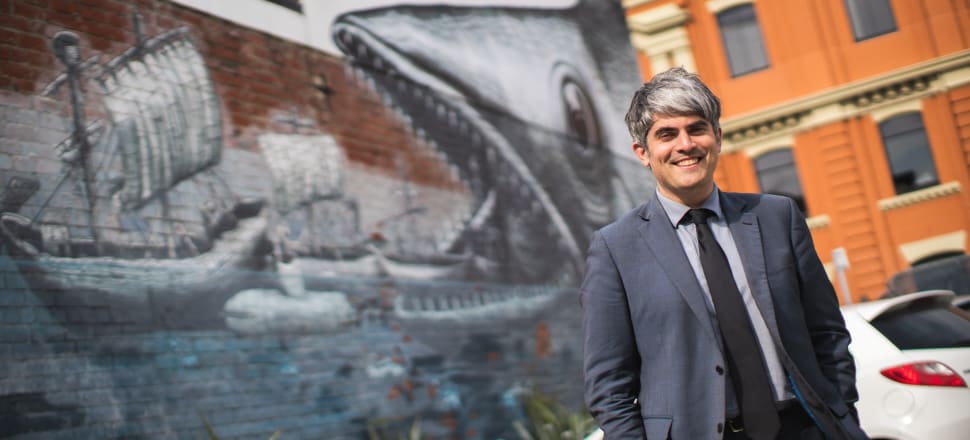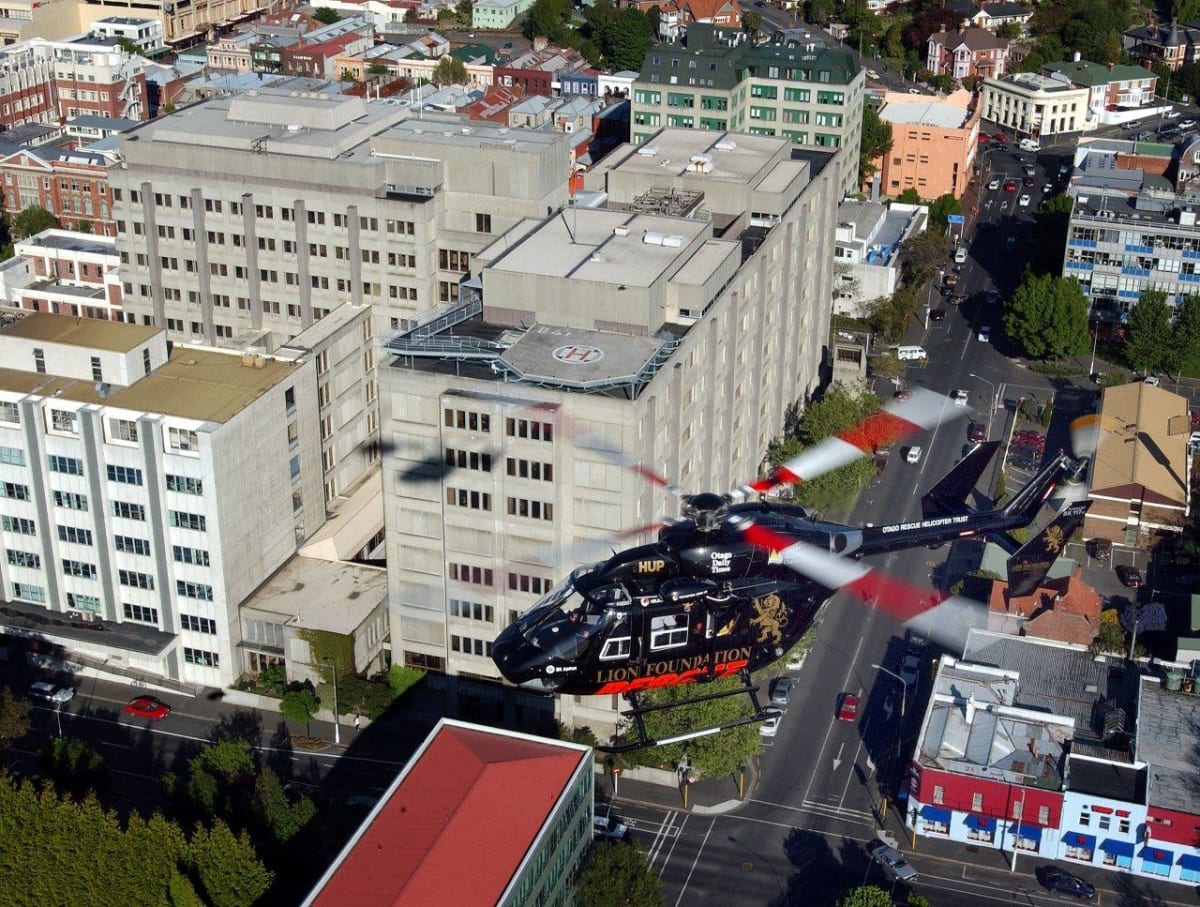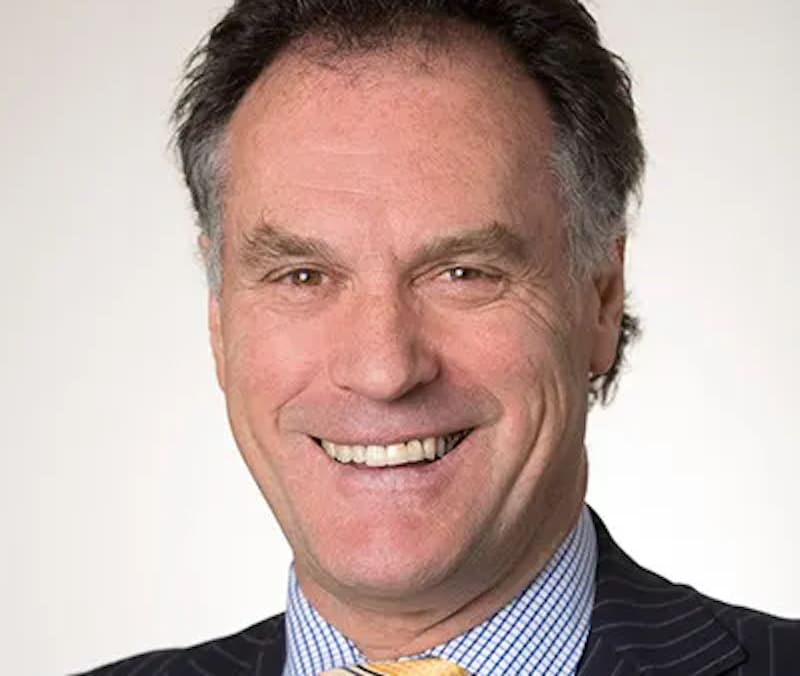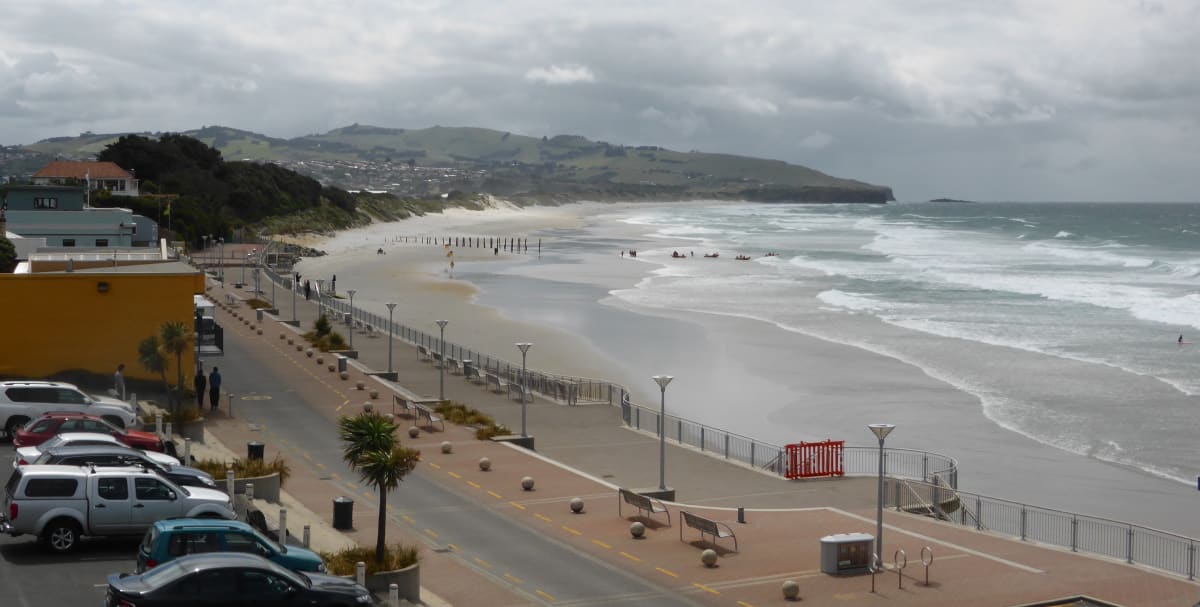
Election pits a progressive agenda against a possible Presbyterian pare-back. David Williams reports
If perception is everything in politics, Dunedin mayor Aaron Hawkins might be in trouble.
In last year’s city council residents’ survey, satisfaction with the performance of mayor and councillors dropped 15 points to 25 percent. The pandemic has contributed, it could be argued. Hawkins maintains the city is playing catch-up by having to upgrade ageing and fraying pipes, footpaths and roads.
The forecast quantum of spending and rates rises is eye-watering.
In the decade to 2031, the city council has budgeted $1.5 billion for infrastructure spending, almost two-thirds of which is for water and wastewater pipes, re-sealing roads and footpaths, and upgrading the likes of parks, playgrounds and pools.
What that translates to is an annual average rates increase of 6.5 percent over 10 years – a more than 80 percent total increase – and an increase in council debt by almost $500 million, to $820 million.
The survey points to other grumbles.
Residents are least satisfied with the availability of car parking and on-street, metered parking in the central city. Many Dunedinites, it seems, expect to park close to where they’d like to shop. Is a progressive agenda happening too fast for some?
Right now, the main shopping street, George St, is being ripped up and re-developed into a pedestrian one-way system, and there’s an argument over the flow of traffic around the city’s new hospital, which is located between two one-way highways.
One wonders what that will mean for the local body election, especially after a fractious three-year term.
Hawkins, a first-term mayor, faces 10 opponents to regain the mayoral chains. Four are sitting city councillors.
(Dunedin has a habit of picking mayors from the current crop of councillors.)
Of the five councillors who, in September last year, voted against a one-way design for George St, three – Lee Vandervis, Jules Radich, and Carmen Houlahan – are standing for mayor. The trio also voted against adopting the 10-year plan.
Questions are being asked about veteran Vandervis, a fixture in mayoral races, who it’s thought, might have lost support by not being vaccinated, and pursuing a $12 parking ticket dispute to the Supreme Court, at great cost to himself and ratepayers.
Radich, meanwhile, heads the well-organised “Team Dunedin” ticket, which seems to be fomenting anti-Hawkins sentiment.
Does perception match the reality? The more important question, perhaps, is will that even matter to voters?

“The election is about the direction that the city is heading in,” Hawkins says. The choice is between leadership continuing on a “positive path”, or leadership “that will adopt a politics of austerity and take the city backwards”.
Positives include fixing ageing infrastructure, he says, and tackling the causes and effects of climate change, like building a “21st Century transport system” – although the regional council remains in control of Dunedin’s public transport – and planning for a growing population.
Hawkins says during Covid-19, some councillors wanted to slash budgets, cut spending, and cancel major projects – “which would have been a disaster for the city”.
At annual plan discussions in June, the mayor railed against Vandervis’ and Houlahan’s opposition to a 6.5 percent rates increase, saying it would create a funding hole of up to $12 million, with cuts to services or fee hikes at facilities like Moana Pool or libraries.
He suspects there’s a desire in some quarters to entrench the status quo rather than adapt, which is “dangerous”.
Some opponents have said the atmosphere on council is toxic. Hawkins doesn’t agree, saying robust debate and disagreement can be positive if it’s done constructively and collegially.
Has that happened? Not exactly. He says there’s very little appreciation for the collective responsibility of council decision-making – “and a willingness to actively undermine that in order to advance at least a political narrative, if not a personal political ambition”.
“There is a greater degree of comfort in some quarters to misrepresent the work that we are doing, and the decisions that we’ve made, and that makes it harder to have meaningful conversations with our community when they’re getting very mixed messages about what we are doing, and what we have decided.”
Given the poor survey results, that tactic’s working, isn’t it?
There’s always work to do to build strong relationships with the community, says Hawkins, who was first elected to the council in 2013 and runs on a Green Party ticket. He thinks there’s little to be gained from defending yourself against a poor residents’ survey.
“But I do find it interesting that current elected members seem so keen to wave those figures around as if the way that they conducted their business is somehow not related to that.”
This public frustration is often aimed at Hawkins, like a stunt by George St jeweller Brent Weatherall – who’s on the Team Dunedin ticket for council – banning the mayor from his shop.
Hawkins, a former student radio broadcaster, says: “We are quite obviously running a progressive agenda for the city that isn't universally supported, because you wouldn’t ever expect it to be universally supported either – around the council table, or in the community.”

Newsroom asks Radich – a business coach, property investor, and former motorcycle business owner – what Hawkins has done wrong.
“He hasn’t listened to the people because he knows what’s best for Dunedin, and therefore the people’s opinion doesn’t count.”
Radich adds there’s been essentially “an autocratic situation for the last three years” that has shut out contrary voices. An autocrat is a dictator, but the council is made up of a mayor and 14 councillors, each of whom have one vote.
Asked how it was autocratic, Radich shifts the goalposts, saying “the general voice of the people” – presumably the same people who voted for those councillors in the last election – was being “drowned out”.
The claims boil down to Hawkins and other councillors ignoring petitions in making what are described as unpopular decisions.
The first petition – organised by his Team Dunedin colleague Weatherall – was against turning George St into a one-way. It got 6500 signatures.
The second was about reinstating wooden poles at St Clair Beach to stop coastal erosion. The online petition, signed by more than 4600 people, was started by Radich, dubbed by the Otago Daily Times newspaper as a “groyne campaigner”.
So the main pieces of evidence proferred for the Hawkins-led council not listening are petitions started by Team Dunedin itself.
Radich says it’s healthy for councillors to have differing views, “and the number one complaint you will find if you do some research around Dunedin is that the community feels they’re not being listened to”.
Low satisfaction levels in the residents’ survey is an indication of this, he says. Hence Team Dunedin’s campaign line, “leadership that listens”.
(Hawkins says Radich and a minority of councillors have difficulty accepting some council decisions and then actively undermine them to create a narrative about the council’s performance.)
Another flashpoint is the future of the central city’s one-way highway system, which has also attracted a petition, this one started by Grey Power.
Hawkins wrote a letter to Waka Kotahi, the NZ Transport Agency, on behalf of the council saying the starting point should be discussion about a two-way system. Radich also wrote to the agency, on behalf of councillors who voted against the motion.
The debate has divided the community – while public opinion is in favour of retaining the status quo, the University of Otago and health authority Te Whatu Ora support a two-way highway being explored. The final decision rests with Waka Kotahi, after public consultation.
Asked how much say the council has on a state highway, Radich claims, without evidence, there’s “significant political party influence in our council”. Doesn’t the mayor represent the people of Dunedin? Radich responds: “Ostensibly that is the case.”
Asked why he jumped to claims of party politics, Radich says having party connections gives a person a stronger connection to Government, and so the mayor wrote to the minister and Waka Kotahi’s chief executive.
Wasn’t he representing the council by doing that? “Yes, he’s representing the council.”
But anyone can write to the minister, so is there something more to this supposed Green alignment?
“Rather than leaving Waka Kotahi to make the decision he is looking to influence that decision to change the one-way system.”
Well, that’s an influence Radich also sought.

The first-term councillor straddles an interesting line on South Dunedin, which can become flooded when heavy rain overwhelms the stormwater network. It is one of the most vulnerable areas in the country to sea-level rise.
The council has set aside $37 million for flood alleviation work in the area over the next 10 years.
Radich thinks there should be a second pumping station in South Dunedin.
If elected mayor, would he ask staff to consider that? “I can’t presuppose.”
The objective is to protect South Dunedin, he says, and a consensus between experts and stakeholders would decide the best way to proceed.
“I don’t have the exact plan at my fingertips or disposal – the exact plan takes a significant input from experts, including the staff.”
Perhaps that’s what the city and regional councillors were doing in July when they discussed a four-year draft programme called South Dunedin Future.
Radich’s mayoral campaign talks of “better budgets”. What that means is nuanced: less debt building up (although still an increase), and lower rates increases, without committing to a figure.
“Given that we have a range of projects in the planning, and we’re reasonably well advanced, and some of them I strongly support, so I don't think debt is going to suddenly turn around and start going backwards, and start being reduced.”
(Hawkins raises no qualms with rates forecasts in the 10-year plan. On debt, he says: “I’m entirely comfortable with where we are at. There are certainly going to be challenges and difficult conversations to be had down the line, but I think we’ve made the right choice to continue to invest in the city and catch up on the work that we should have already done.”)
Radich names the $51 million Shaping Future Dunedin transport project – which includes park and rides, a bus priority lane, and improvements for cyclists and pedestrians – as an “easy target” for savings.
“There will be a whole heap of negotiating discussion and consensus-building to see what can be reduced, what’s realistic, what is desirable and what is undesirable.”
(Hawkins says: “I make no apologies for investing in a transport network that provides genuine choice for people, in terms of how they get around the city, and prioritising projects that contribute to the zero-carbon transition.”)
When it comes to George St, Radich’s stance appears to have softened. Despite exoriating the council for ignoring a petition for a two-way street, he now says he wants a review of the “flexibility” of the street being oriented in both directions.
“Everybody that I've spoken to – Team Dunedin members, in the first instance, but also many members of the public, and people involved with the project – love the look of the design. And I certainly do I think the new surface of George St looks stunning and will be very attractive to visitors and locals alike.
“The critical thing for George Street is that people have access to go there to shop because the purpose of George Street is shopping.”
How many car parks will be removed in the redevelopment? That, Radich says, is a spurious and irrelevant argument.
But doesn’t parking equate to access? He admits proposals for one-way and two-way proposals had similar numbers of car parks.
So how does the redevelopment of George St cut off access? By making it one-way, he says.
Hang on a minute. Some might say this is a case of sour grapes by a minority of councillors who lost a vote and didn’t get their way. Is that not the case?
“If the people do not vote Team Dunedin and myself in, that’s the end of it, really.”
Ōtepoti, the Māori name for the city, refers to a point in Dunedin near George St where, long ago, Māori landed their waka.
There are echoes of this in the local body election. It’s a referendum on who’s best listening to the people of Dunedin, through a series of decisions seemingly centred on the directions of streets, and the ability of people to park their modern day waka close to shops.







